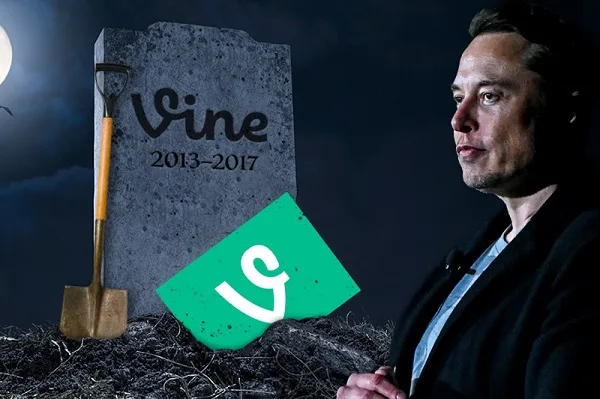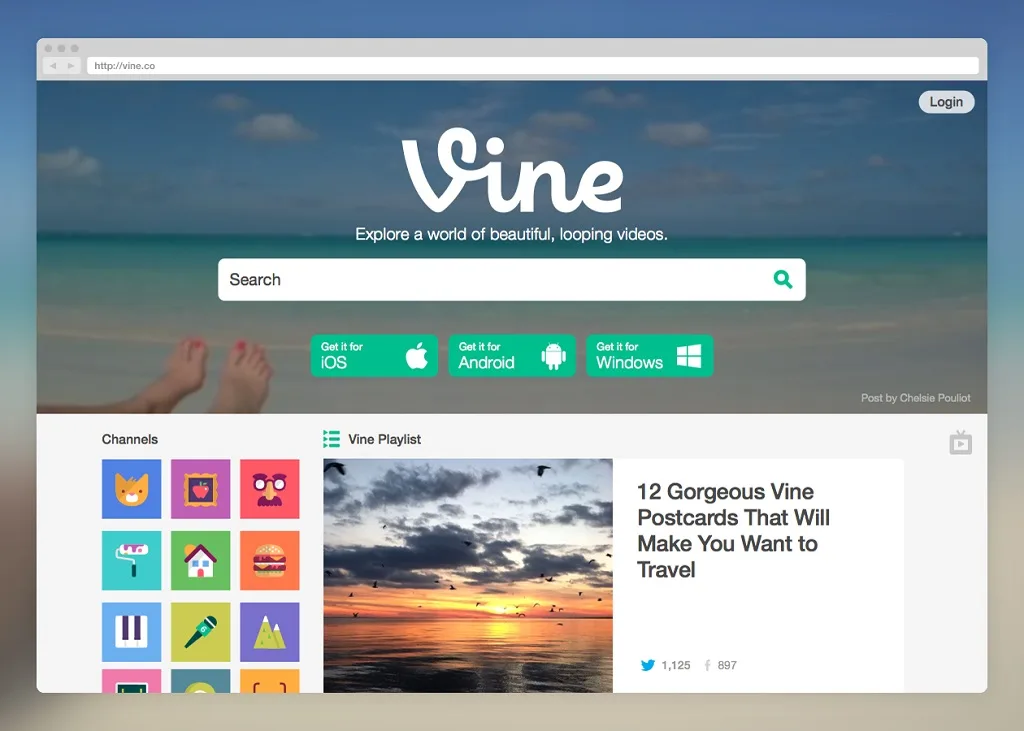
Elon Musk Teases the Return of Vine: What Could This Mean for Social Media?
Elon Musk, the tech magnate known for his dynamic approach to technology and innovation, has once again sparked discussions and excitement by hinting at the possible revival of Vine, the once-popular short-video platform. Vine, which was discontinued in 2016, might be making a comeback, aligning with Musk’s interest in enhancing social media dynamics. This comes after his acquisition of Twitter and subsequent indications towards revamping the platform’s content and engagement strategies.
In a series of tweets and public statements, Musk suggested that bringing back Vine could inject fresh creativity and competition in the short-form video space, currently dominated by platforms like TikTok and Instagram Reels. Musk’s track record of revitalizing industries and driving technological advancements gives credibility to this potential move.
Why Vine Mattered: Its Impact and Decline
Vine emerged in 2013 as a pioneering platform that allowed users to create and share six-second looping videos. It quickly gained a massive following, particularly among young audiences, for its unique, succinct format that encouraged creativity and brevity. Vine became a cultural phenomenon, launching the careers of several prominent internet personalities who are now influential across various media.
However, despite its popularity, Vine struggled to sustain its business model and compete with emerging platforms that offered similar video services with enhanced features and better monetization avenues. By the time Twitter decided to discontinue Vine in 2016, many of Vine’s top creators and users had migrated to more lucrative and expansive platforms.
The closure left a void in the social media landscape, particularly for a platform dedicated solely to short, looping videos—a niche that TikTok eventually filled, transforming the way content is produced and consumed on social media today.
Market Dynamics: The Rise of Short-Video Platforms
The short-video format has seen exponential growth in recent years, largely due to the global popularity of TikTok. This platform has not only captivated millions with its engaging content mix but also significantly influenced social media trends and marketing strategies. Instagram and YouTube introduced Reels and Shorts, respectively, to capitalize on this trend, creating a competitive market for short-video content.
Given this landscape, a revamped Vine could potentially offer unique features or creative freedoms that differentiate it from its competitors. Musk’s approach to innovation suggests that a new Vine would not merely mimic existing models but introduce disruptive elements that could redefine short-video consumption and creation.
Technological Enhancements and User Engagement
For Vine’s revival to be successful, significant technological enhancements would be necessary. This includes advanced editing tools, superior video quality, and algorithms that enhance user engagement and content discoverability. Musk has hinted at leveraging artificial intelligence to personalize user experiences and streamline content delivery, which could address some of the challenges Vine previously faced.
Moreover, integrating Vine with Twitter could provide synergies that benefit both platforms. Twitter’s user base and established infrastructure could help rapidly scale Vine’s adoption and visibility, while Vine’s engaging content format could increase overall time spent on Twitter, boosting ad revenue and user interaction.

Potential Challenges and Strategic Moves
Reviving a platform like Vine involves several challenges, including re-attracting former users and creators, who may be skeptical about the platform’s longevity and competitive edge. Strategic partnerships, aggressive marketing, and clear monetization policies would be crucial to draw in content creators who are pivotal to the platform’s success.
Additionally, privacy and data security will be paramount, especially in a digital landscape increasingly scrutinized for how user information is managed and used. Ensuring robust security measures and transparent data practices will be essential to gain and maintain user trust.
Reception and Future Prospects
The reaction to Musk’s hint at reviving Vine has been mixed, with excitement from nostalgics and skepticism from critics who cite the intense competition and previous failures. However, the potential for innovation and Musk’s vision for a more interconnected and dynamic social media ecosystem could pave the way for Vine’s successful comeback.
As the debate continues, the industry watches closely to see if Musk will indeed bring back Vine and how it might alter the competitive landscape of social media. Whether Vine returns as a nostalgic relic or a redefined platform could significantly influence future trends in social media content and engagement.
